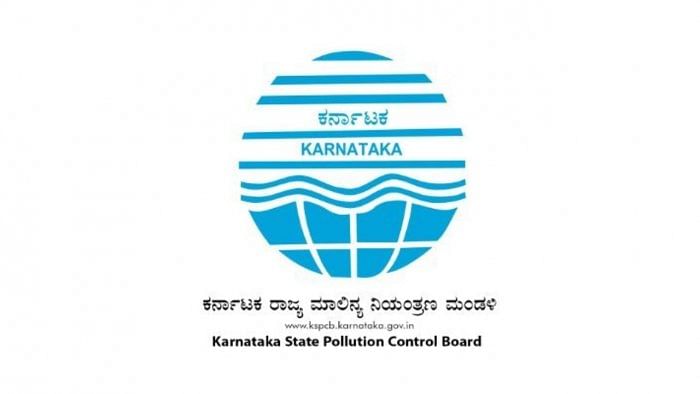
The KSPCB logo.
Credit: X/@karnatakakspcb
Highlighting the threats faced by water bodies in tier-2 cities, the Karnataka State Pollution Control Board (KSPCB) has said that lakes near Doddaballapur were being choked by sewage flowing from the city while at least one industry was found sending waste water to a drain connecting another lake despite multiple warnings.
The KSPCB inspected six water bodies near Doddaballapur and found that two lakes situated nearby - Chikkatumakuru lake (71 acres) Doddatumakuru lake 295.5 acres - were choked by sewage.
“The sewage generated within the limits of Doddaballapur city municipal council (CMC) and Bashettihalli town panchayat is entering Chikkatumakur lake and there is a continuous overflow from Chikkatumakuru to Doddatumakuru lake,” said the KSPCB which inspected the lakes following an order by the National Green Tribunal.
The report also red flagged the lakes getting waste water from yarn dyeing activity by residents in Doddaballapur. “The Doddaballapur CMC has to take a thorough step to identify those residences where the dyeing activities are illegally carried out and take immediate steps to stop (them),” it added.
Veerapura Lake, spread over 11 acre and 12 gunta, has a total of 27 industries in its upstream.
The report said an electrical geyser manufacturing industry, was discharging the canteen waste water and Solar Inner Tank Leakage Test Water, to the storm water drain which ultimately reaches Veerapura Lake”.
The industry was issued a closure order in April 2021 but the same was kept in abeyance. Another closure order was issued in March 2023 over violation with regard to effluents from the electroplating activity in the same industry building. However, the high court set aside the closure order stating that KSPCB did not provide sufficient and reasonable opportunity to the industry, which violates the principles of natural justice.
The quality of water in all six water bodies, including Bashettihalli lake and Mutturu lake, was poor. After conducting tests, the KSPCB has categorised the water as ‘Class D’ (propagation of wildlife and fisheries) or Class E (Industrial cooling etc).